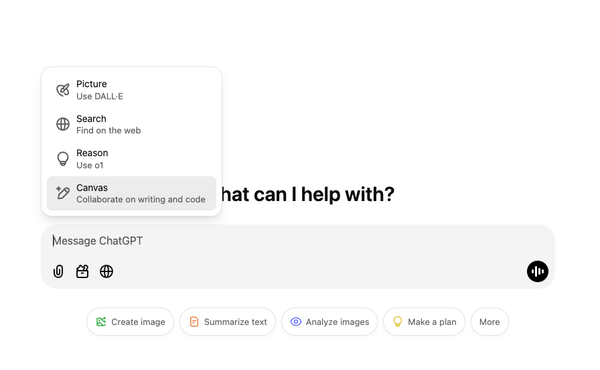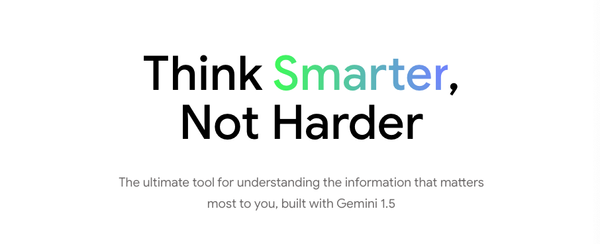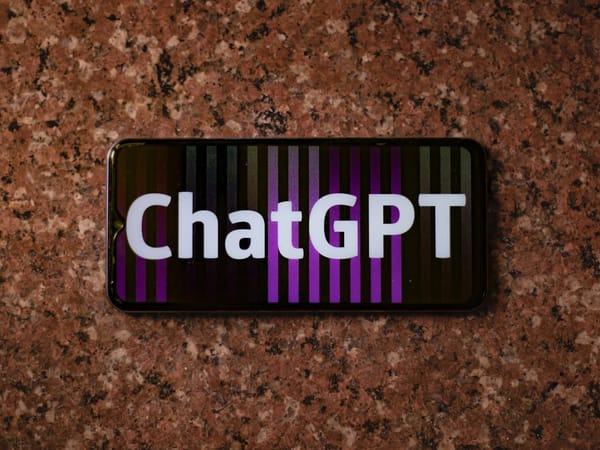Good News for Families: Countries Moving to Protect Kids Online! UK to Ban Social Media for Children, Australia Considers Social Media Ban for Under 16s
Table of Content
In an exciting development for child safety and wellbeing, several countries are taking thoughtful steps to help protect our youngest digital citizens. Britain and Australia are leading the way with caring new approaches to how children interact with social media.
Britain is moving to ban social media for children, and Australia is moving to ban communication methods for children under this age
The British government is moving to issue strict laws that include banning children from using social media networks, after children and adolescents' use of these networks caused major social problems, while the British move comes days after a similar move in Australia that will prevent children from accessing these networks to protect them from their dangers.
A report published by the British newspaper "The Times", and reviewed by "Al Arabiya Net", said that the UK government is considering imposing a ban on social media for children under the age of 16.
The newspaper reported that ministers are considering supporting a special bill submitted by Labor Party member Josh McAllister, which is likely to raise the age at which internet companies can collect children's data from 13 to 16 years.
A previous version of McAllister's bill proposed banning smartphones in schools, but the government ruled out supporting this measure as it is believed that school principals currently have the authority to make this decision themselves.
The newspaper says the updated plans, with a new focus on limiting access to social media for children under 16, have wider appeal across the House of Commons.
The move in London comes shortly after similar moves in Australia are part of Prime Minister Anthony Albanese’s efforts to curb the physical and mental health problems caused by children’s use of social media.
Government figures have cited the damaging impact some images can have on girls, as well as the impact of misogynistic content on young boys, as reasons for the change.
The prime minister has announced that there will be no exemptions to the laws, even if children have been given parental consent. However, the ban will not apply to young people who are already using social media and will not be implemented until 12 months after the legislation is passed.
“This is for mums and dads. They, like me, are very concerned about the safety of our children online. I want Australian families to know that the government has their back,” Albanese said.
The proposed bans in Australia and Britain have drawn strong backlash from the Digital Industry Group, a body representing sites including TikTok and X, which said the move could actually push children to explore darker parts of the internet.
“Keeping young people safe online is a top priority, but the proposed ban on teens accessing digital platforms is a 20th century response to 21st century challenges,” they added.
“Rather than blocking access through blocking, we need to take a balanced approach to creating age-appropriate spaces, building digital literacy and protecting people from online harm.”
Earlier this year, Spain also introduced legislation to protect children from the dangers of social media, with new laws ruling that minors under the age of 16 will not be allowed to access or register on social networks.
“We want to give families peace of mind that when their children are in a digital environment, they can be sure that the Spanish government is looking after them,” Spain’s justice minister, Feliz Bolaños, said.
The UK is considering a wonderful new protection measure that would set the minimum age for social media use to 16. This isn't about restricting kids – it's about giving them more time to develop healthy social skills and protecting their precious personal data during their formative years!
Meanwhile, in Australia, Prime Minister Anthony Albanese (who's showing real heart for families) is introducing similar measures. As he warmly put it: "This is for mums and dads. They, like me, are very concerned about the safety of our children online. I want Australian families to know that the government has their back." How reassuring is that?
Spain has already taken this caring step, ensuring children under 16 are protected from potential online risks.
Why this is wonderful news for families:
- Children can focus more on real-world connections and activities
- Young minds get more time to develop without digital pressure
- Enhanced protection from cyberbullying and harmful content
- Better sleep patterns and mental health outcomes
- More time for creative play and outdoor activities
- Stronger family bonds through face-to-face interactions
- Improved focus on schoolwork and personal development
- Better privacy protection for young people's personal information
Some thought-provoking questions to consider:
- How do you think this extra time away from social media could benefit children's creativity and imagination?
- What fun family activities could replace social media time?
- Have you noticed any positive changes in children who spend less time on social media?
- How might this help improve face-to-face communication skills?
- What support might parents need to help their children adjust to these changes?
- Could this lead to a renaissance in traditional childhood activities and games?
- How might this improve classroom focus and learning outcomes?
- What alternative, safer ways could we develop for children to stay connected with friends?
Remember, these changes aren't about restriction – they're about protection, growth, and giving our children the best possible start in life! What are your thoughts on these positive developments? 💭













